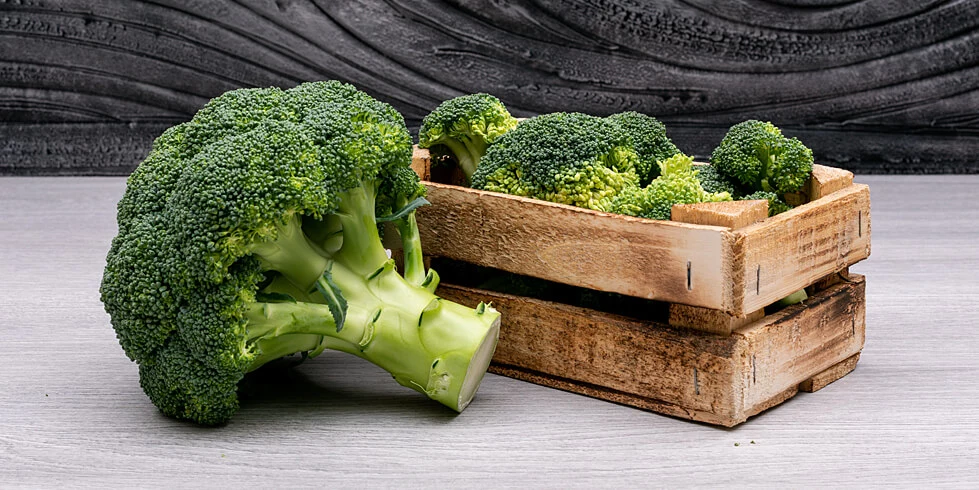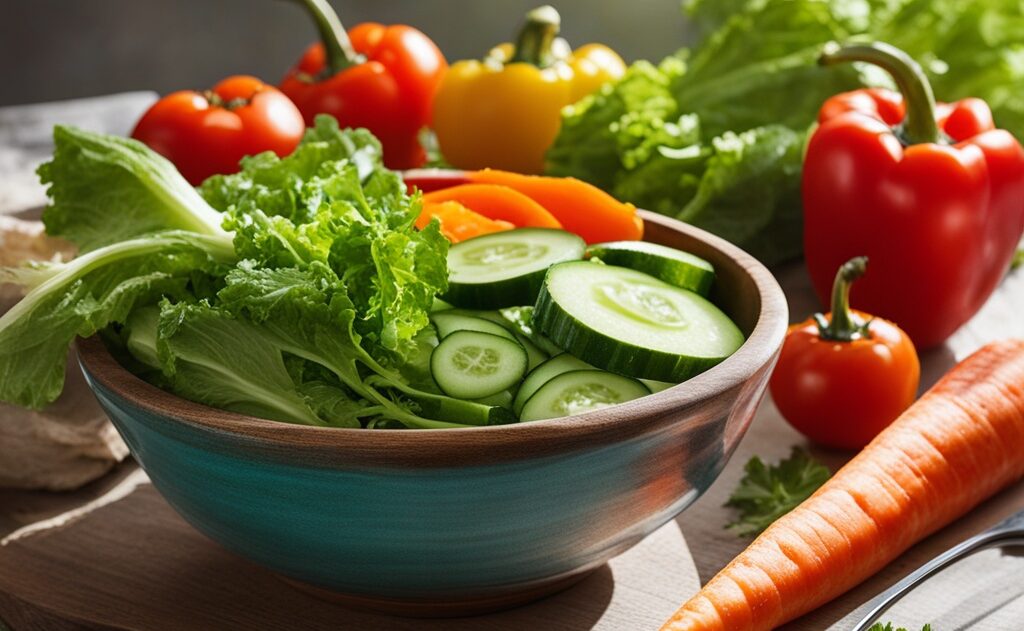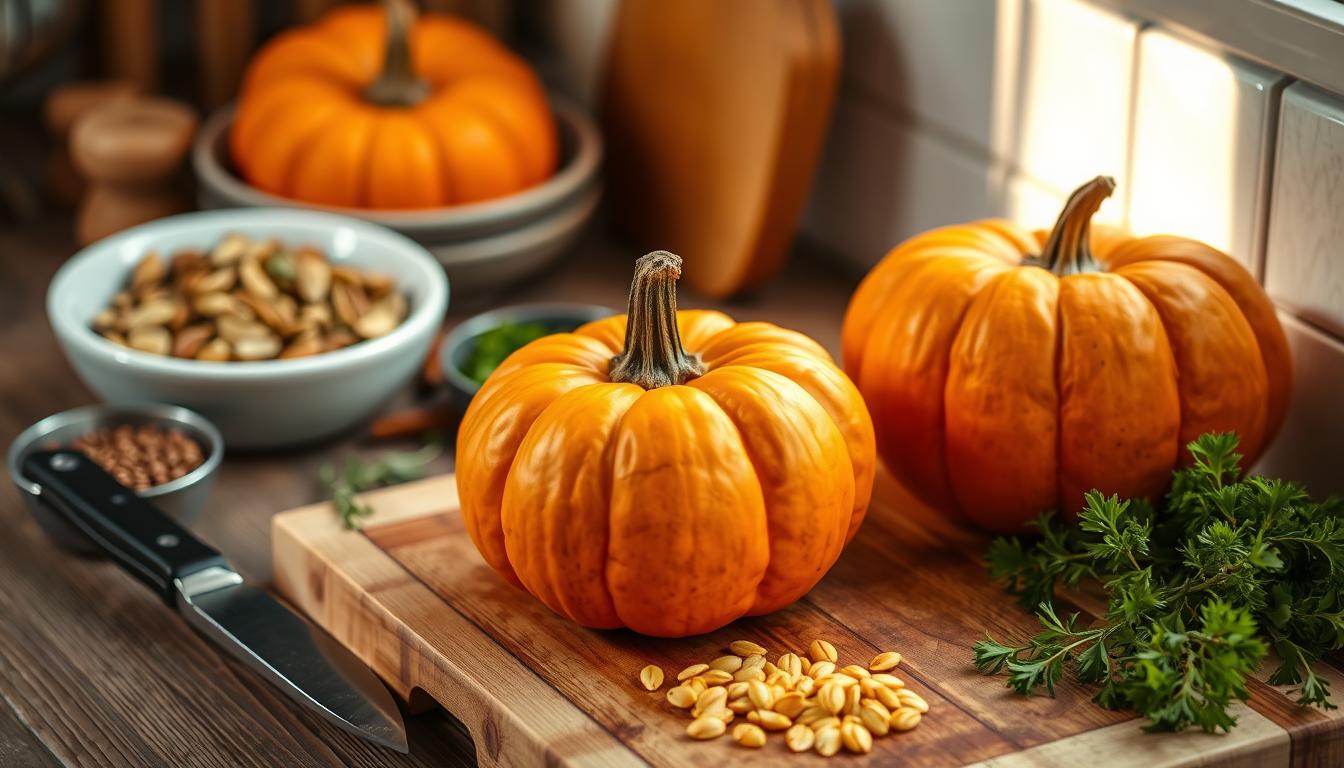The broccoli plant is a dark-green vegetable with a firm stalk and branches that end in florets. The name comes from the Latin word for “arm” or “branch,” “brachium,” or from the Italian word for “cabbage sprout,” “broccolo.” The florets and the first 6 to 8 inches of the stem that holds them are edible. Cauliflower, cabbage, and Brussels sprouts are all close relatives of broccoli.
Varieties of Broccoli
The sprouting or Italian green broccoli is the most common type in the United States today. At the top of the light-green stalks are groups of dark-green florets that look like an umbrella. This type is called Calabrese, after the Italian province where it was first grown. Broccoli rabe is a kind that is different but related. It has smaller florets and a more pungent taste.
Origin and plant facts
When the Roman Empire was in charge, wild cabbage from Europe’s coast has used to grow broccoli. Italian immigrants brought it to the United States in the early 1900s. It is first made in northern California. Currently, California producers supply 90% of the domestic and commercial markets.
Even though broccoli isn’t a trendy vegetable, it started to become more popular in the 1970s, when the average amount each person ate went from about a half pound to the current 4 to 12 pounds. Today, broccoli is the 11th most important vegetable crop in the U.S. The broccoli plant is an annual that can grow up to 3 feet tall and has big leaves that spread out. Broccoli is usually picked 80 to 120 days after it has been planted. It is generally grown from seeds. The part of broccoli that people eat is a bunch of buds about to open. Overripe broccoli is tough and woody because the plant sugar has turned into lignin, a fibre that can’t be softened by cooking.
Uses of Broccoli
Choose the broccoli that has the smallest buds and the darkest blue-green colour. Avoid those that look yellow. Broccoli should be kept in the fridge in an open bag without being washed so mould doesn’t grow. Before you eat broccoli, you should wash it well under running cold water to get rid of any dirt. Broccoli can be eaten raw with a dip or salad or cooked differently. Broccoli should be soft enough to cut with a fork but bright and crisp. Since the florets cook faster than the stalks, the stalks should split to expose more surface area and ensure everything cooks at the same rate. You can also cut the florets off the stalks and add them after 2 or 3 minutes of cooking the stalks. You can boil, steam, microwave, stir-fry, or puree broccoli to put in soups.
Nutrient composition
Broccoli has a lot of beta-1-carotene, a type of vitamin A, and vitamin C. Broccoli may help prevent cancer because it has vitamin A and several phytochemicals, such as isothiocyanates, indoles, and bioflavonoids.
The broccoli won the competition, among other things, because it was the most nutritious vegetable. Broccoli is a member of the cruciferous vegetable family. It has a lot of vitamins and nutrients that our bodies need.
The Benefits of Broccoli
High in antioxidants
Antioxidants are essential for the health of our bodies. They keep us from getting sick and help our skin get healthy again. Antioxidants also help keep our bodies from getting hurt by free radicals, which can damage our cells. Broccoli is the fruit or vegetable that has the most antioxidants. Sulforaphane is the most common antioxidant. It is made from a chemical called glucoraphanin. Sulforaphane is good for your health in many ways, like lowering blood sugar, cholesterol levels, oxidative stress, and the long-term progression of the disease. You can get two more important antioxidants from broccoli: lutein and zeaxanthin. These two antioxidants help stop oxidative stress and cell damage in the eyes, which can lead to cataracts and macular degeneration.
Protect against cancer
There’s no question that there isn’t a single superfood on the planet that can help us avoid or get rid of cancer. At the very least, these superfoods could stop them from getting worse and make them less dangerous. It’s all we need to keep cancer from getting into our bodies and growing there. When it comes to preventing cancer, broccoli is a lifesaver. It has a crucial plant chemical called sulforaphane in it. The bitter taste of broccoli comes from this chemical. Sulforaphane is very important for getting rid of toxins in the air, like those in cigarette smoke.
It also helps make it less likely that you will get some types of cancer. But more research is needed to prove that broccoli can help fight cancer. They also have bioactive substances that help lessen the damage to cells caused by chronic illness. Recent research suggests that cruciferous vegetables like broccoli may protect against cancer, such as breast, prostate, stomach, colon, kidney, and bladder cancer.
Improve heart health
In many ways, broccoli is good for the heart. First, it cuts down on bad cholesterol and triglycerides, which are very bad for the soul. A study also found that people whose diets were changed to include powdered broccoli supplements had better cholesterol levels. Broccoli is helpful in this way because it has antioxidants. These antioxidants can help lower the risk of having a heart attack. Another study has found that broccoli does fantastic things for the heart’s health. When broccoli is fed to mice, it stops their heart cells from dying and prevents the mice from passing out. Broccoli has a lot of fibre, too. It not only helps you lose weight but also keeps your heart healthy.
Maintain bone health
For a good life, you need strong bones. Most of us have different bone diseases and conditions because we don’t get enough of some essential minerals and vitamins. Broccoli contains important vitamins and minerals that strengthen our bones and keep them from breaking. Vitamin K, potassium, magnesium, manganese, phosphorus, calcium, copper, zinc, iron, and vitamins A and B are vital. So, you eat even more of it. If you do that, you’ll get the right amount of vitamin K. Be careful about how much vitamin you take, especially if you take medicines that thin the blood.
Brain health
A healthy mind is a key to a healthy, good life. Broccoli has bioactive parts, which have already been mentioned. These chemicals help the brain slow down the loss of brain cells. It also helps keep our brains and nervous systems healthy as a whole. A new set of studies has found that eating broccoli every day helps protect against the mental decline that comes with getting older.
A broccoli chemical called kaempferol helps keep the brain healthy and fights against memory loss. Sulforaphane is a compound that is also very important. It can help the brain work better when it lacks oxygen.
Improves immune function
You must have done a lot to improve your health. Have you already tried it? Broccoli helps us fight infections and diseases by strengthening our immune systems. Try broccoli to enhance your immune system and prevent getting annoying colds and flu.
Broccoli has a fair amount of vitamin C, which helps the body fight off infections. Vitamin C also helps eliminate free radicals and cleans the body. If you don’t get rid of these six free radicals, they will cause wrinkles, arthritis, and macular degeneration.
Ageing process
Even though you can’t stop ageing, you can slow it down by eating foods high in antioxidants. The main things that cause people to age are oxidative stress and a slower metabolism. No one can stop getting older, but improving our diets can help us avoid some of the diseases and conditions that come with it. Studies show that sulforaphane can slow down the biochemical process by increasing the expression of the antioxidant gene.
Maintain dental health
Oral and dental health is essential. Even if you brush your teeth twice a day, it won’t be enough. You also need to eat foods that are good for your teeth, like vegetables and fruits. Broccoli is one of the vegetables that are good for your teeth.
Broccoli has a lot of nutrients that help get rid of oral infections and diseases like tooth decay and receding gums. Vitamin C and calcium are suitable for your teeth and gums and stop bacteria from causing gum disease. Kaempferol is also an essential nutrient. It is a flavonoid and an antioxidant and plays a big part in controlling periodontitis.
Sulforaphane also keeps your teeth healthy and stops oral cancers from growing. Broccoli can also help naturally get rid of plaque. So, instead of spending much money on scaling and whitening, they chose to spend less. Spend a few cents on broccoli, and you can do the scaling at home without any pain.
Encourages a healthy pregnancy
A pregnant woman needs to take a wide range of vitamins and minerals so that her baby can grow as well as it can. Broccoli is a healthy and helpful vegetable for pregnant women.
Folate is another name for the B vitamins which are found in broccoli. Vitamin B, also called folate, is vital for the baby’s growth and health. It develops the baby’s brain and spinal cord. Folate is essential for keeping a healthy pregnancy going.
Fights inflammation
Broccoli has substances that fight inflammation, lowering the risk of several deadly diseases. But because they have compounds that stop inflammation, they help keep the cell’s DNA from breaking down. Broccoli also keeps type 2 diabetes, rheumatoid arthritis, and lupus from worsening.
Improve Men’s sexual health
Some studies suggest that broccoli and other foods rich in antioxidants may help improve sperm quality and overall sexual health in men. Antioxidants protect sperm cells from damage caused by free radicals and improve their overall health and function. Eating a diet rich in antioxidants, including broccoli, may help improve men’s overall health and fertility.
Promote weight Loss
Broccoli is a low-calorie food with fibre and nutrients, making it an excellent option for those trying to lose weight. The fibre in broccoli helps you feel full and reduces overall calorie intake, which can benefit weight loss. Additionally, the nutrients in broccoli, including vitamins, minerals, and antioxidants, can help support overall health and well-being.
Improve vision health
Broccoli is a good source of lutein and zeaxanthin, two essential nutrients for eye health and may help protect against age-related eye diseases, such as cataracts and macular degeneration. Lutein and zeaxanthin are concentrated in the macula, the part of the eye responsible for central vision, and help to absorb harmful blue light. Eating foods high in these nutrients, including broccoli, may help improve vision health and reduce the risk of age-related eye diseases.
Enhance Liver health
Broccoli contains sulforaphane, a compound that improves liver function and protects against liver damage. Sulforaphane is thought to protect the liver by increasing the production of enzymes that detoxify harmful substances. Additionally, sulforaphane has been shown to have anti-inflammatory and antioxidant effects, which may help reduce oxidative stress and inflammation in the liver.
Strengthening Digestive health
Broccoli’s fibre can help to encourage regular bowel movements and enhance digestive health. Fibre helps to control bowel movements and gives stools more bulk, which can help to prevent constipation and improve digestive health in general. Broccoli’s vitamins, minerals, and other nutrients can support the digestive system’s overall health.
While these are some well-documented benefits of broccoli, it is essential to remember that not all health claims have been scientifically proven. For example, scientific evidence does not support the claim that broccoli can cure allergies. Similarly, while broccoli may be beneficial for digestive health, it is vital to remember that the effects can vary from person to person.
How To Select And Store Broccoli
1. Choose broccoli with firm, deep green heads and no yellowing or brown spots. The stems should be straight and firm, not limp or woody.
2. Store broccoli in a plastic bag in the refrigerator with a paper towel to absorb moisture and prevent premature spoilage. It should last up to a week when stored properly.
3. If you plan to use the broccoli within a few days, leave it at room temperature, but keep it away from direct sunlight and heat sources.
4. To preserve its freshness, avoid washing the broccoli until you’re ready to use it. If it does get wet, dry it thoroughly before storing it.
Tips for using broccoli ( for cooking/eating)
Here are some tips for using broccoli in various cooking methods:
Steaming
Steaming is a quick and easy way to cook broccoli. Add a small amount of water to a pot, boil, and place the broccoli in a steaming basket above the water. Cover and steam for 3–5 minutes until the broccoli is tender.
Blanching
Blanching is a great way to preserve the bright green colour of broccoli. Boil a pot of salted water, add the broccoli, and cook for 2-3 minutes. Then, immediately transfer the broccoli to a bowl of ice water to stop the cooking process.
Sautéing
To sauté broccoli, heat a pan over medium heat with a bit of oil. Add the broccoli and cook for 5-7 minutes, occasionally stirring, until the broccoli is tender and starting to brown.
Roasting
Roasting is a delicious way to cook broccoli and bring out its natural sweetness. Toss the broccoli with a bit of oil, salt, and pepper and roast in a hot oven (450°F) for 20-25 minutes or until the edges are crispy and browned.
Eating raw
Broccoli can be enjoyed plain as a snack or in salads. Cut the florets into bite-sized pieces and dip them in a healthy dip like hummus or ranch dressing.
No matter how you cook it, broccoli is a nutritious and versatile vegetable that can be a tasty addition to any meal.
What are the side effects of broccoli?
While broccoli is a highly nutritious food, eating excessive amounts of it can cause some side effects. These include:
Flatulence
Broccoli is a member of the cruciferous vegetable family and is known to cause gas and bloating in some people.
Thyroid issues
Eating large amounts of broccoli can interfere with the absorption of iodine, which is essential for adequately functioning the thyroid gland.
Stomach discomfort
After eating broccoli, some people may experience digestive discomforts, such as nausea, abdominal pain, or diarrhoea.
Vitamin K interaction
Broccoli is high in vitamin K, which can interfere with the blood-thinning medication warfarin. People taking this medication should consult their doctor before eating large amounts of broccoli.
Allergic reactions
In rare cases, some people may experience allergic reactions to broccoli, including itching, hives, or shortness of breath.
Overall, broccoli is a healthy food that can be enjoyed as a balanced diet. As with any food, moderation is essential to avoid harmful side effects. If you have any concerns about the effects of broccoli on your health, it’s best to consult a healthcare professional.
Conclusion
In conclusion, broccoli is a highly nutritious vegetable with many health benefits. It is low in calories, high in fibre and nutrients, and has been shown to promote heart health, improve vision health, and enhance liver health. However, like any food, it is essential to consume broccoli in moderation and to speak to a healthcare professional if you have concerns about how it may affect your health. Incorporating broccoli into a balanced diet can significantly improve your health and support your overall well-being
The Author’s Message
I hope you enjoyed my blog about Benefits of Broccoli. I’m not saying that broccoli is the perfect food for everyone, but there are many health benefits. I encourage you to try broccoli to see if it helps your health. If you’re uncertain about what to do, I would love to hear from you through this blog post.
Thank you for reading. I’m always excited when my blog posts can provide helpful information on a topic like this!
FAQs
1 – If you’re asking a question like this, you’re probably trying to figure out which vegetables you should try to eat or which ones you should avoid.
For example, you should avoid eating carrots and potatoes because they’re too high in carbs.
2 – It’s important to know what vegetables are best for you. You want to know what vegetables you can eat that are good for you and what vegetables won’t do you any good.
If you’re trying to lose weight and choose a vegetable you don’t like, you’ll gain weight. So, it’s important to know what vegetables you can eat that are good for you and what vegetables won’t do you any good.
Some examples of vegetables that are best for losing weight are Broccoli, Spinach, Carrots, Cucumber and Green Beans.
Fries and potato chips are unhealthy and fattening. On the other hand, whole, boiled potatoes are very healthy and will fill you up.



